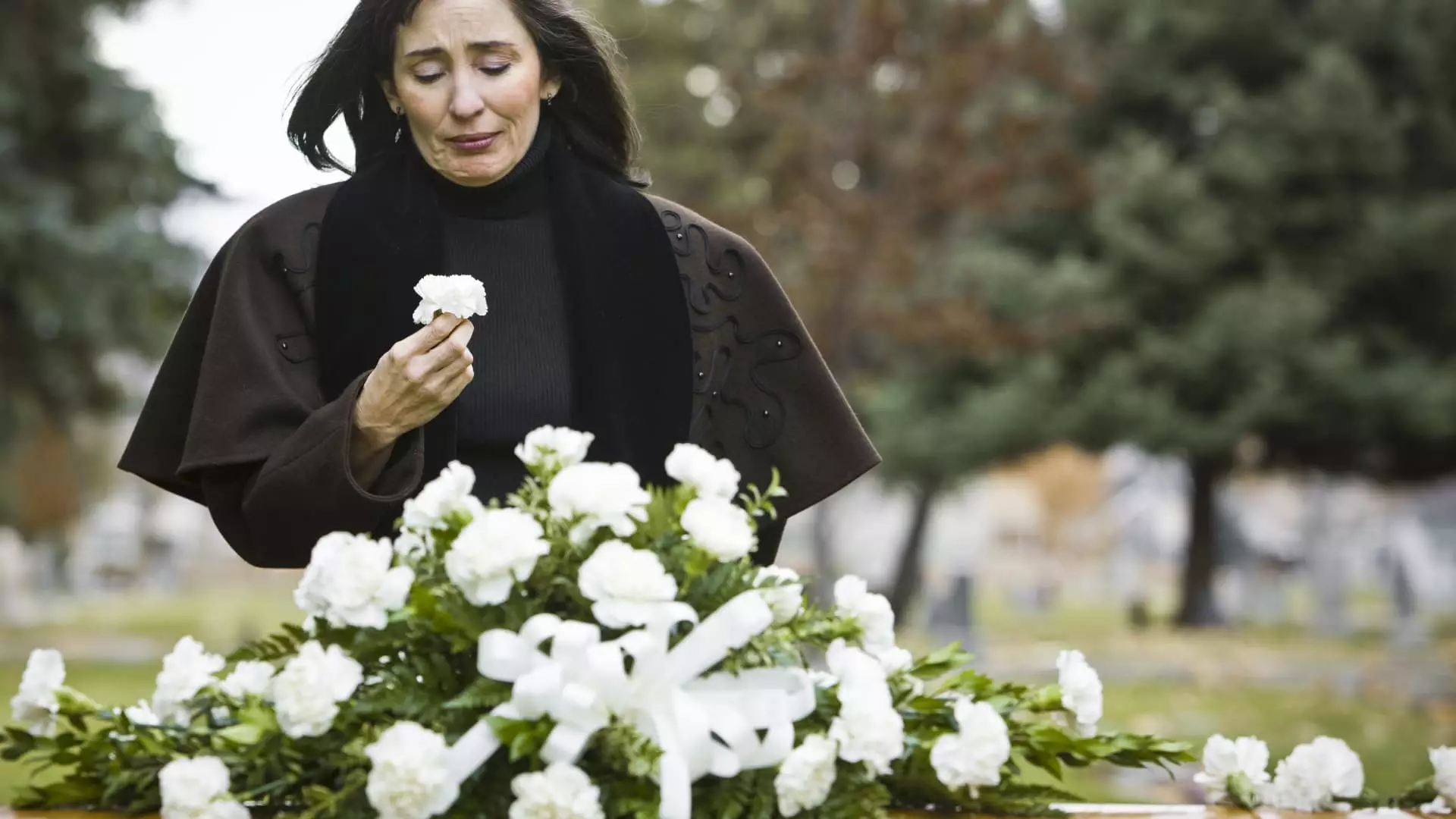Losing a spouse is a profound and devastating experience, an emotional turmoil that many of us dread. What often compounds this heartache is the actual fiscal fallout that survivors must contend with, known as the “survivor’s penalty.” This is not merely an abstract concept but a harsh reality that can significantly impact the financial stability of those left behind. The transition from the generally favorable tax status of married couples to being a single filer after a spouse’s death can lead to unfavorable tax repercussions.
The ramifications of this tax shift are particularly brutal for older women—who, statistically, tend to outlive their partners. As they navigate the grieving process, the added burden of financial strain can feel overwhelming. The reality is that while the emotional landscape can be navigated with time, the financial pitfalls tied to the survivor’s penalty can linger without effective planning.
The Stark Statistics of Life Expectancy
The numbers are staggeringly revealing: according to the CDC, there’s a notable 5.3-year gap in life expectancy between men and women in the U.S. Women live longer, and as a result, they also end up facing these financial hurdles more often than men. This discrepancy not only highlights the vulnerability of older female survivors but also provokes a critical examination of how society supports those navigating this difficult landscape. The widow’s penalty, as it’s often termed, needlessly complicates the lives of grieving individuals, forcing them to wrestle with tax implications that many are unprepared for.
In 2025, married couples benefit from a standard deduction of around $30,000, but the moment they transition to single status, this figure plummets to a mere $15,000. The disparity in tax brackets poses a financial threat that often feels like a betrayal to someone who’s just lost their partner. Why is it that after such profound personal loss, the government chooses to tighten its grip financially? Here, the heart and logic clash, creating unnecessary burdens when compassion is what survivors need most.
The Challenges of Filing Taxes After Loss
In the year of a partner’s death, the surviving spouse has the option to file jointly, which can mitigate some financial fallout—provided they don’t remarry before the year’s end. However, this reprieve is temporary. Following that year, survivors are thrust into the single-filer tax bracket, adding to the potential for increased taxable income without a corresponding rise in their earning capacity when they are still mourning their loss. The handling of Social Security income and pre-existing retirement accounts further complicates these tax implications.
Advisors such as George Gagliardi emphasize the burdens placed on widows and widowers, particularly concerning inherited retirement accounts. Navigating the complexities of required minimum distributions (RMDs) adds greater pressure to convalescing individuals who are already dealing with emotional and psychological burdens. It’s a perfect storm of grief and financial risk, showcasing just how ill-equipped many are to handle such situations.
Proactive Planning vs. Reactive Burdens
Financial planning isn’t just beneficial—it’s essential for married couples. Proper foresight can make a significant difference in how survivor’s penalties manifest. Experts advocate for proactive strategic planning, ranging from tax projections for various scenarios to deliberate withdrawal strategies from pre-tax retirement accounts. The goal is not merely to minimize taxes but to smooth the life transitions that follow the loss of a spouse.
It’s worth noting that pessimism around the financial landscape post-loss can be counterproductive. There are options available, such as Roth IRA conversions, that allow for the reallocation of funds into tax-free accounts, enabling survivors to make the most of their circumstances rather than simply enduring them. However, navigating these choices necessitates guidance, and it’s alarming how few people seek out professional help before they find themselves in dire straits.
The Call for Societal Change
Finally, the unfortunate reality remains that financial systems often do not accommodate human experiences. We must advocate for reforms that acknowledge the perilous position of survivors, particularly the most vulnerable demographics. Rather than allowing bureaucracies to exacerbate the struggles faced by grieving spouses, we should be exploring ways to lessen these burdens, be they through tax law changes or enhanced support systems. It’s time to demand policies that reflect compassion for those in mourning and to reshape a system that has been remiss in safeguarding survivors from unnecessary financial suffering.

